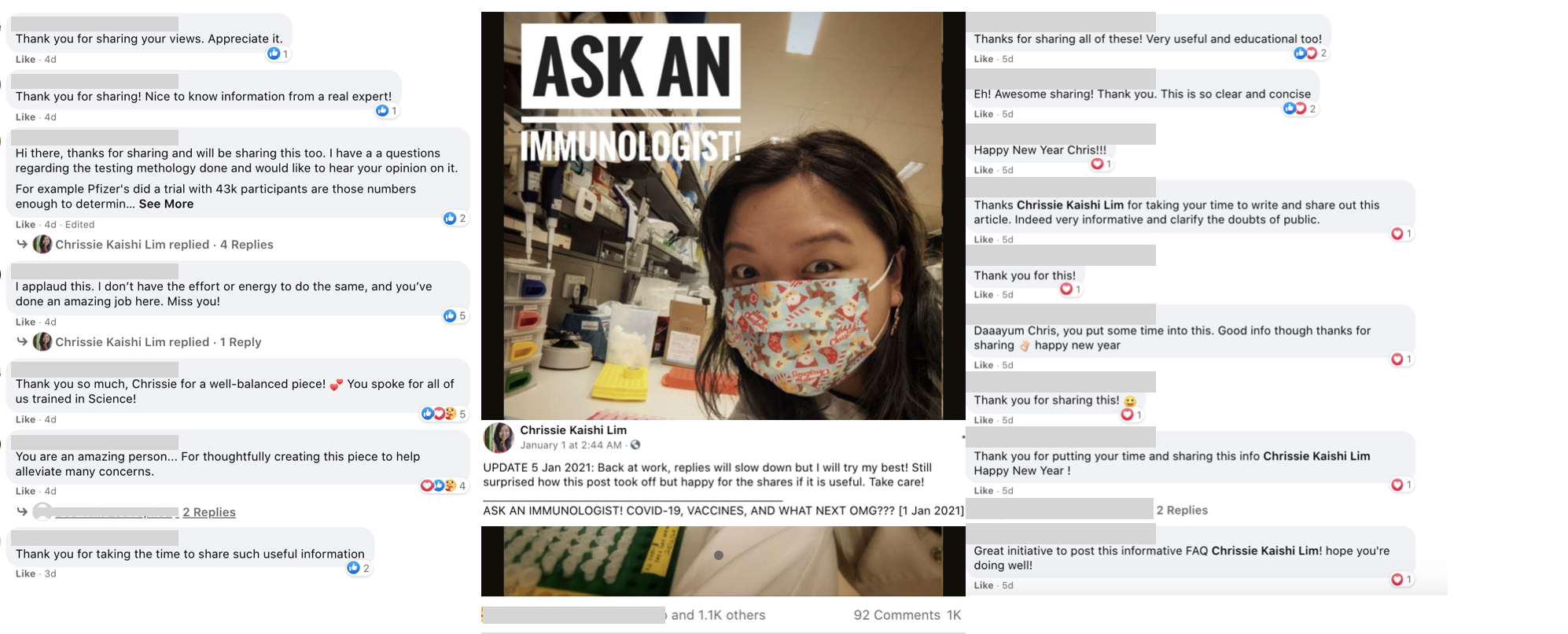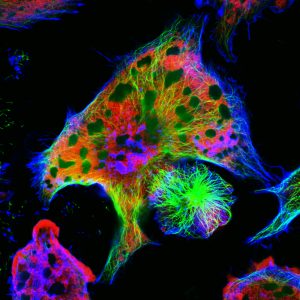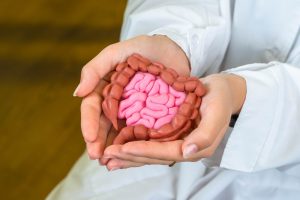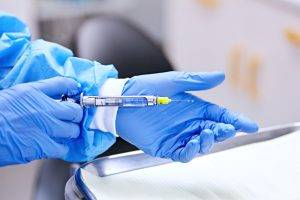We have read the papers, and heard from doctors about the vaccines. But, many heads have turned when an immunologist from Singapore, posted on her personal Facebook page about the latest COVID-19 vaccines. Read on to see what she has to say. Last updated 5 January 2021.
1) I don’t trust the vaccines because they were developed too quickly. Don’t drugs and vaccines normally take at least 10 years to be certified safe and good?
Important points I am disappointed popular media has deemed unworthy of clarifying:
- Most of these ~10 year waits are from red tape, paperwork, applying for money for development and getting rejected 90% of the time*. This year, SARS-CoV-2 work was given priority approvals without such barriers because the world agreed on how quickly we had to act. Yes, that is how much difference it makes when we prioritise scientific development. (* This is not hyperbole, but the rough rejection rate of many US grants each round, even from successful world-famous labs. Sadly, this is now the bulk of a scientist’s job.)
- We managed to act quickly on SARS-CoV-2 based on research in other coronaviruses. For example, we knew to look immediately at spike protein because old work on SARS-1 (2003) and MERS (2012) showed its importance. Some vaccine candidates were also developed at the time which didn’t roll out in time, but we applied their lessons to the COVID19 vaccine candidates. So, really, we began work on SARS-CoV-2 >15 years ago!
- RNA drug and vaccine technology has been of great interest for at least 10 years for other diseases and active development has happened in the background, although products have not yet been licensed (again, funding/interest).
- The safety monitoring for the trials was very stringent, as is usual for vaccines compared to drugs. Remember when the whole Oxford/AZ trial of 30,000 people was paused because ONE person reported a severe illness, just so they could figure out if it was from the vaccine or something else? Those high standards have not been compromised for speed. Furthermore, all reactions reported in the vaccine group were also monitored and reported in the placebo group, with similar numbers apart from a bit more temporary soreness/feverishness among vaccine recipients.
The actual science discovery wasn’t rushed, nor was safety. Scientists started building a foundation long before they got credit for it. What we *did* rush past is a lot of grant money applications, by just supporting the work immediately. Neat!
2) Doesn’t that mean we don’t know if there are long-term side effects from vaccination?
3) Should I worry about getting an allergic reaction to the COVID-19 vaccines?
4) What about this new variant of COVID19 in the news? Is the vaccine pointless?
5) Wouldn’t developing natural immunity be better than injecting something man-made? We’re just letting our immune responses stay weak.
For SARS-CoV-2 specifically, it seems consistent that “natural” immunity in the way most people mean (i.e. through spontaneous infection) doesn’t last as long as we’d like. Some reinfections are happening within a few months, among high-exposure populations. So far, models and the trials seem to suggest that more people gain immunity from the vaccine, which also seems longer-lasting.
Receiving a vaccine is also, actually, a very natural immune process and strengthens immunity! Giving a “fake virus” (mRNA, isolated protein, a killed virus) to your immune system to train up on is like taking a martial arts class before actually having a fight: you can pick skills up in a controlled environment like a studio and build the right muscles to tackle the real threat. Getting the real infection first is like meeting a gang boss with no training on those muscles, and being punched to a pulp immediately. Both the vaccine and the virus will activate and train the same processes, same cells and same antibodies to behave as they should — to protect you. The difference is whether you are guaranteed to survive the training/activation.
6) Which vaccine is best? Which one should I pick?
There will be specific considerations for individuals, depending for example who the vaccine was tested on (or not tested on) in the trials, allergies (see point 3), or underlying conditions. This is (again) where you should consult your doctors for risk-benefit.
7) Will *you* get vaccinated?
- I trust the safety process and checks so far that have been done – see point 1
- It’s a million times better than potentially getting COVID19. While I’m unlikely to die, pneumonia isn’t fun. Also, the risk of chronic pain, heart and lung damage is… very not fun.
- I value keeping the people around me safe. By receiving the vaccine and being better able to clear the virus, I am likely to reduce the chance of transmission to people around me, including older folks or immunocompromised people on whom the vaccine may not work.
However, I will wait to receive the vaccine, because I have the privilege of not being a frontline worker and can pay my bills working at home. I trust the vaccine, but I also know others need it for their protection (and the community’s) far more urgently than I do.
8) I’m vaccinated! Burn ye masks! Dobby is a free elf!
1. Less than a year to develop a COVID vaccine – here’s why you shouldn’t be alarmed: https://theconversation.com/less-than-a-year-to-develop-a…
2. Swiss cheese model – each individual and shared responsibility action adds up: https://www.nytimes.com/…/coronavirus-swiss-cheese…
3. “This Week in Virology” podcast has 2-3x weekly updates on news, scientific advances and impact: https://www.microbe.tv/twiv/ or https://www.youtube.com/c/VincentRacaniello
4. Dr. Kizzmekia Corbett is a key scientist in the development of the Pfizer/BioNTech vaccine and naturally has a pretty thorough highlight with information and mythbusting on Instagram: https://www.instagram.com/kizzyphd/
5. Another Instagram with infographics for common questions and myths: https://www.instagram.com/covidup2date
Find the original article here: https://www.facebook.com/553285435/posts/10164988150575436/?d=n












